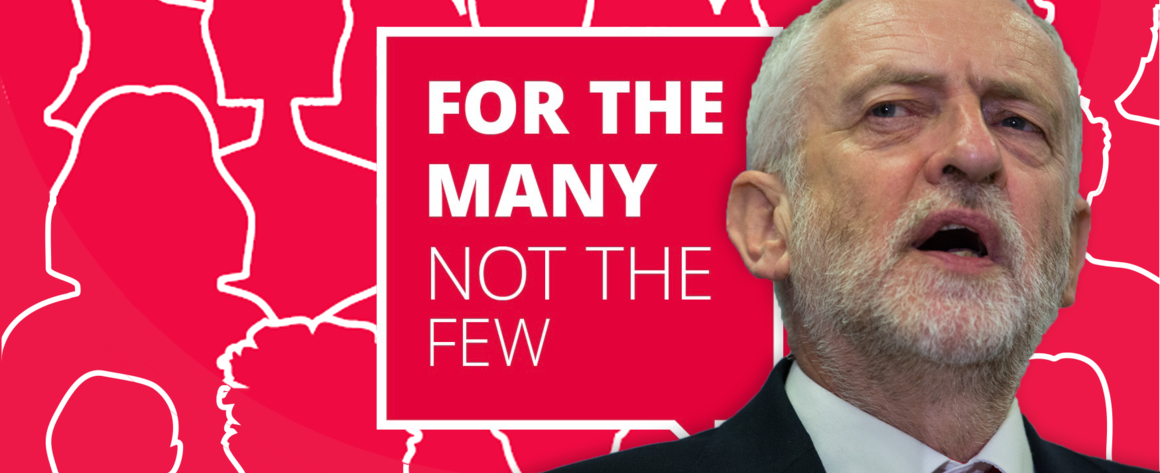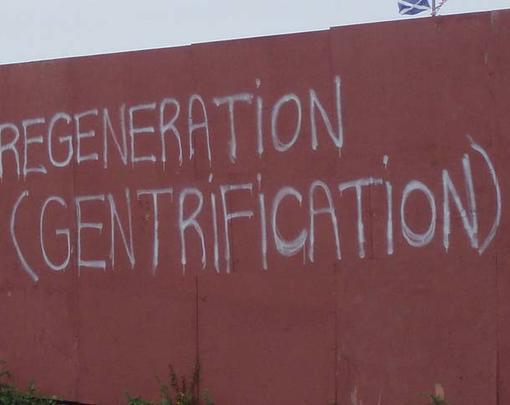The Labour Party in the United Kingdom, under the leadership of Jeremy Corbyn, is advancing “a radical program for dismantling and displacing corporate and financial power in Britain” that could open up a revitalization of left politics globally, says a new essay in the United Kingdom-based journal Renewal written by Next System Project executive director Joe Guinan and Martin O’Neill, a senior politics lecturer at the University of York. Both are commissioning editors at Renewal.
“This ‘institutional turn’ in Labour’s thinking under Corbyn is a direct response to the magnitude of the challenges now confronting the country,” they write, which include a familiar litany of economic problems—“wage stagnation, underinvestment, low productivity, widening inequalities of income and wealth, not to mention the looming effects of climate change.” These are “predictable outcomes” of the “institutional arrangements at the heart of today’s British capitalism—concentrated private ownership, corporate dominance, and the overweening might of London-based finance capital” that “together form a powerful engine for the extraction of value and its distribution upwards.”
Corbyn’s “vision of democratizing the economy,” contained in the Labour Party’s 2017 manifesto, “For the Many, Not the Few,” has “opened up space for a far broader political conversation on the economy than has been possible in decades,” they write.
“None of this is about selling a fantasy,” the authors add. “Real-world examples of democratic, participatory economic alternatives exist in communities across the globe. Worker ownership, cooperatives, municipal enterprise, land trusts, public banks, and a host of kindred institutional forms all represent ways in which capital can be held in common by both small and large publics. They illuminate how practical new approaches can generate innovative solutions to deep underlying problems.”
These approaches could also counter what the authors call a “general malaise” and division in left politics by rallying people to solutions “capable of drawing support from all those who want a more equal and democratic society.”






